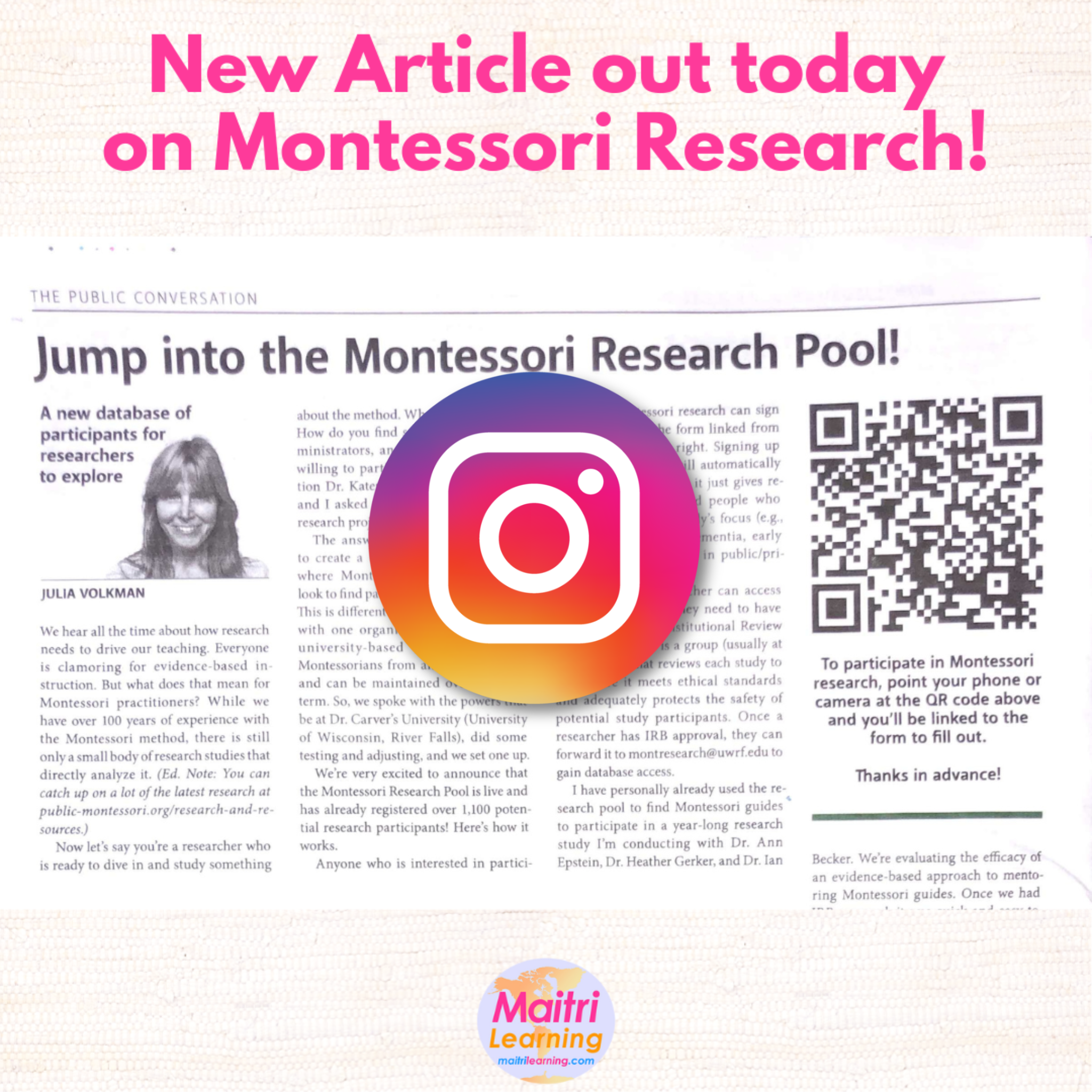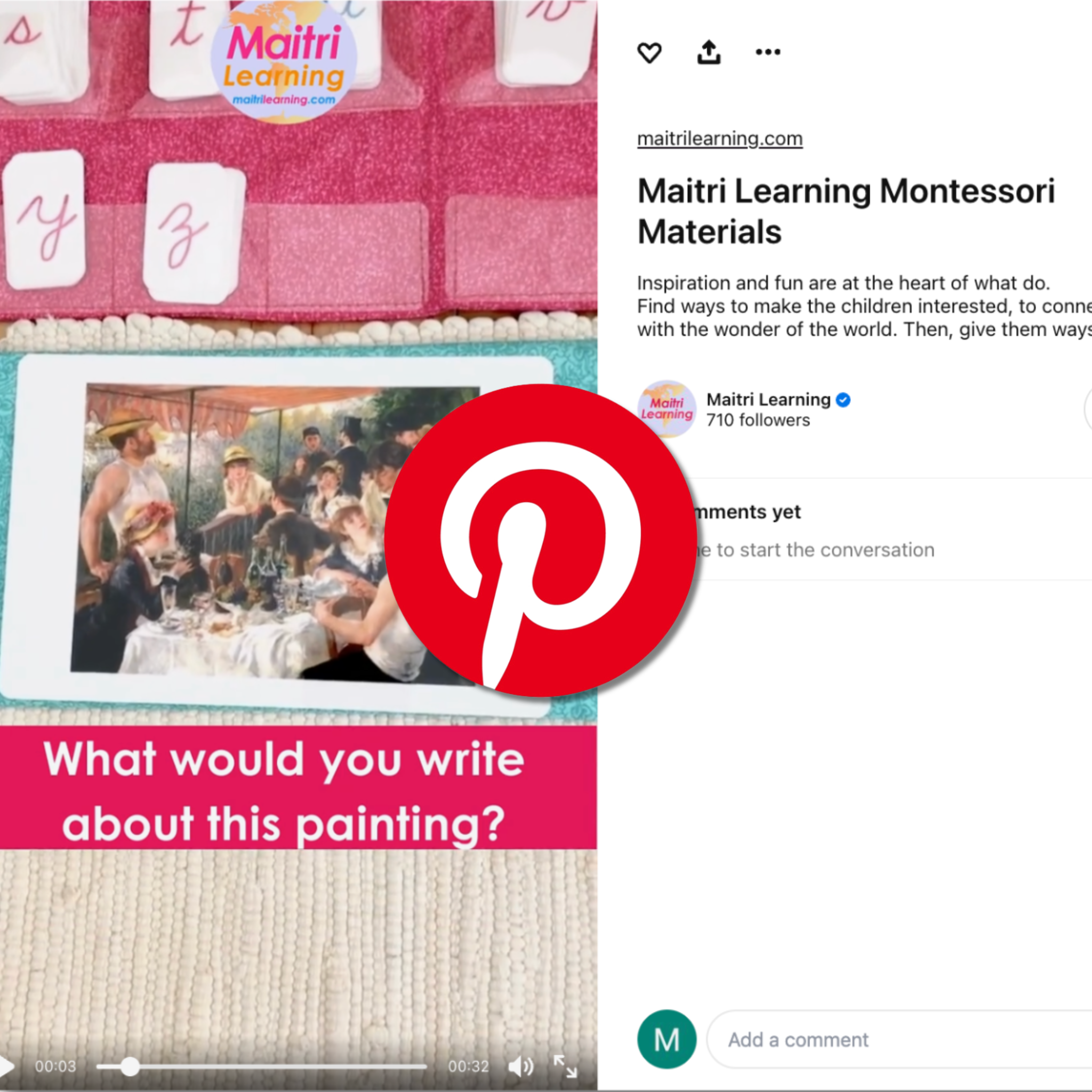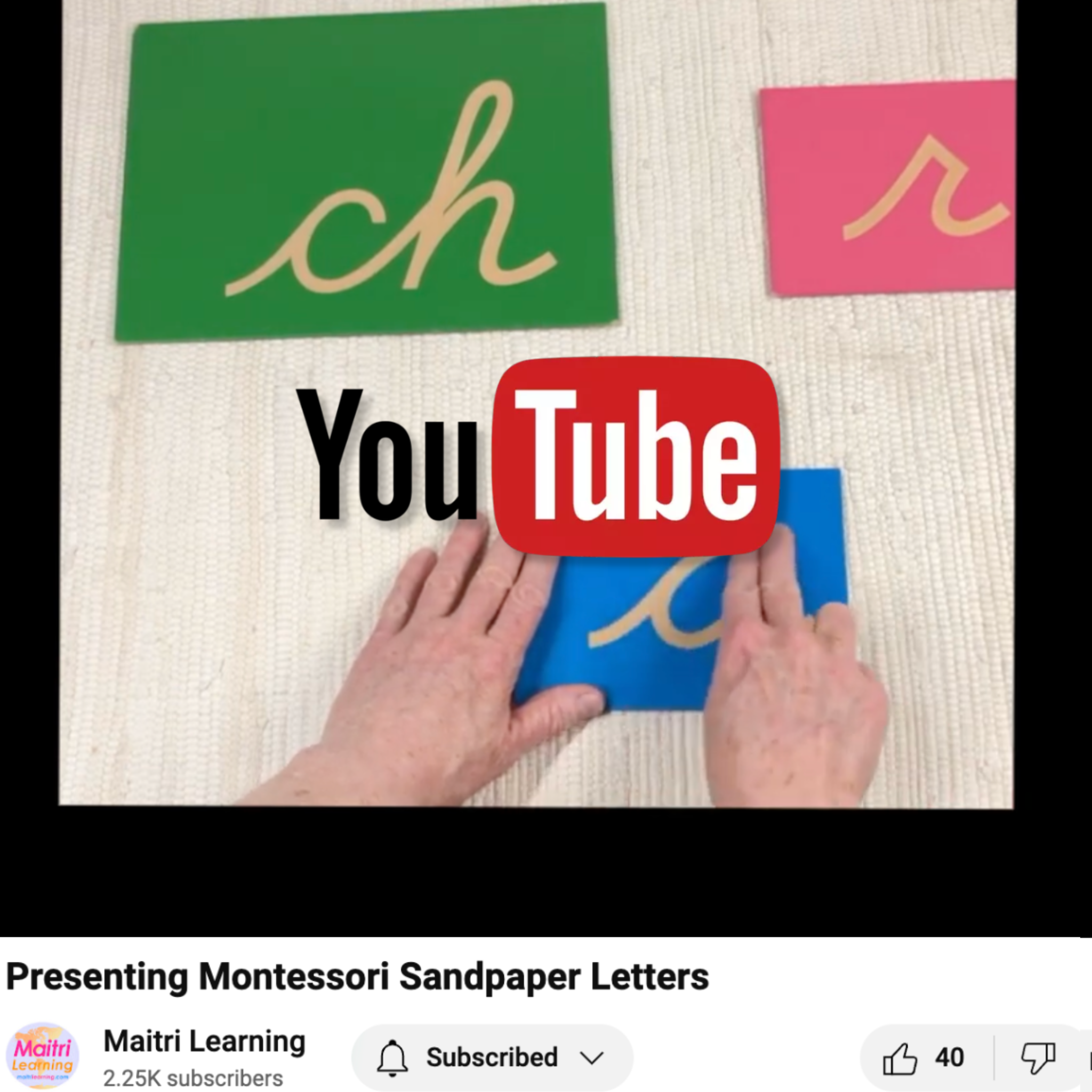Using the Movable Alphabet as a predictor of future literacy
For my graduate thesis at Harvard, I conducted a research study looking at the movable alphabet. I was frustrated by the literacy assessments we were required to give our students in public Montessori school. It just seemed completely inappropriate to ask a preschooler to try and spell words by writing them down. I mean, preschoolers are just learning how to hold a pencil and recognize what letters look like! It is a big leap to go from there to writing spelling words.
So, I designed a research study to look at a different kind of assessment. One that could still reveal the young child's developing ability to build words but without stressing them out with the added difficulty of handwriting those words.
Here's what the study looked like from the child's perspective. They were randomly assigned to take either the handwritten or movable alphabet assessment first. (Note: I used capital letters because that's what children were taught in the public preschools were the study was conducted; they were not Montessori schools.)

For reference, there were five big things the study found:
- Movable alphabet scores were a significant predictor of future literacy (as measured by phonemic awareness and letter knowledge)
- Preschoolers spell better using the movable alphabet than a pencil
- Children were more willing to try to write words with the alphabet than with a pencil
- The words we ask children to spell matter (some words were significantly harder to spell than others)
- Age and behavior were not significant factors in the results
In addition, the study's findings suggest that scaffolds (like the movable alphabet) may be key in preventing the decline in self-efficacy often seen as children age through the traditional school system.
"...children were more than two times more likely to refuse to begin the handwritten 43 assessment (n = 10) than the movable alphabet assessment (n = 4). This may demonstrate the children’s developing sense of self-efficacy as driven by their awareness of their own immature handwriting skills. The children may have been less likely to attempt the handwritten words because they did not believe they would be able to write them accurately."
My study's results empower us to give students a different assessment. "The study findings suggest that a movable alphabet spelling assessment is a valid measure of developing literacy." It also found that standard handwritten assessments of preschooler spelling may contribute to a self efficacy decline. Now, with this research in hand, we can advocate to change the handwritten assessments schools may require of preschoolers.
This short video gives you a little more detail about that research study. The full study can be found on the Harvard Digital Scholarship platform. I created it for the AMS research poster session at their annual conference.
I encourage you to print out the study and take it to whoever is in charge of assessments for your district. Use it to advocate for a different spelling assessment in preschool.
I hope this helps. Please add your comments below. If we all work together, we can make it easier for those that follow!








Leave a comment
This site is protected by hCaptcha and the hCaptcha Privacy Policy and Terms of Service apply.